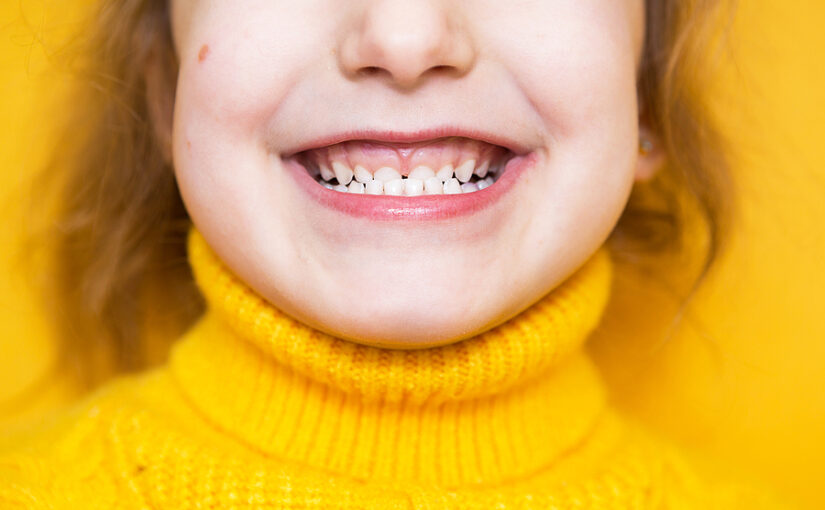By: Dr. Elizabeth Eggert
Misaligned teeth can negatively impact a person in several ways. From low self-esteem to problems with teeth and gums and systemic issues, pursuing treatment to realign teeth has many benefits.
One culprit of misaligned teeth is the underbite, dentally referred to as a Class III occlusion. While not as common as its counterpart, the overbite, underbites affect 5-10% of the population.
What causes an underbite?
An underbite occurs when the lower jaw protrudes past the upper teeth when a person’s mouth is in a resting position and can be slight, moderate or severe. With an underbite, teeth don’t line up properly. The bottom front teeth don’t rest behind the top front teeth and the molars don’t stack up neatly.
While this bite is commonly genetic, it can also happen as the result of injury to the jaw, or in childhood from extended use of a pacifier or bottle or from thumbsucking.
An underbite is one of the leading causes of TMD.
If left untreated, what complications can occur?
In addition to low self-esteem, there are a number of physical issues a person with an underbite may deal with:
- Difficulty biting or chewing
- Difficulty forming words properly which can result in lisping or slurred speech
- Difficulty breathing
- Difficulty sleeping
- Sleep apnea
- Cranial discomfort in the form of headaches, jaw pain and/or earaches
- Misaligned teeth
- Bacteria buildup in the mouth which can lead to gingivitis or periodontitis
- Misshapen face
Treatment options for an underbite
If you come into our office with an underbite, Dr. Elizabeth or Dr. Jeff will recommend one of a few courses of treatment:
Reverse-pull face mask: A type of headgear, this device helps pull the upper jaw forward by attaching to metal bands on the back of the upper teeth.
Upper jaw expander: Also known as a palatal expander, this device is placed on the roof of the mouth and widened each night. It helps to widen the dental arch and realign the jaws. It’s often used in combination with another common treatment option: braces.
Braces: Braces can contribute to underbite correction by aligning and closing gaps between teeth.
Surgery: In the case of a severe underbite, jaw surgery may be required.
Depending on which treatment option Dr. Elizabeth or Dr. Jeff decide is best to correct your overbite, they may refer you to an orthodontist or oral surgeon and work alongside them to help you achieve your perfect smile.
Is an underbite making you feel self-conscious and leading to other uncomfortable or worrisome issues? Give us a call today at Eggert Family Dentistry to set up a consultation! 651.482.8412.
